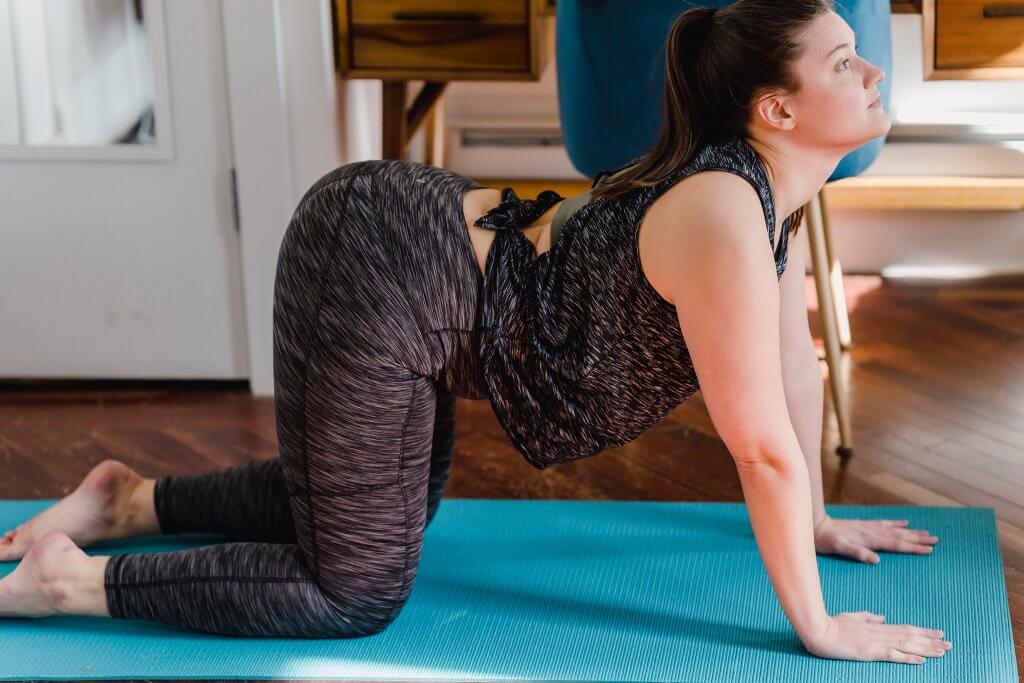Stretching is an ideal ingredient to fulfill a healthy and fit lifestyle or achieve superior athletic performance. Stretching in all forms is important in keeping muscles appropriately conditioned and flexible, and in turn, that flexibility is vital to maintain a functional range of motion within the joints.
When one doesn’t stretch (unless you are blessed with a naturally flexy body), the muscles become short and tight. Then when the muscles are required for a contractile activity, they are weak and unable to extend to their full degree. That can put you at a greater risk for injury (muscle strains, ligament sprains and joint pain).
Stretching and flexibility is an ongoing skill you must maintain throughout your life. Meaning that it’s not a “quick fix” or a “do once” and then you can magically achieve your goals (like most other components to an exercise program or training regime). Reaching an appropriate flexibility level (for your chosen reason; sport, mobility target, range of motion goal, ect) takes time and practice. It can take weeks to months to reach a targeted level of flexibility, and then you will have to maintain that level through continuous maintenance.
To get the most out of your stretching, you have to hold the muscle in a stretched position for a prolonged period of time, usually 30 seconds as a minimum. This allows the muscle spindle to habituate (accustomed to the new length) and to reduce the muscles signalling. Over time you can train your stretch receptors to allow the muscle to lengthen to greater amounts. Holding a stretch also allows for the lengthening reaction to occur, this then helps the stretched muscles to relax.
Now you know why stretching can help muscles, so why not get flexible today!
– Chloe Petith – Physiotherapist
(ACRO Physical Therapy & Fitness, 2020)
(Harvard Health Publishing, 2021)

